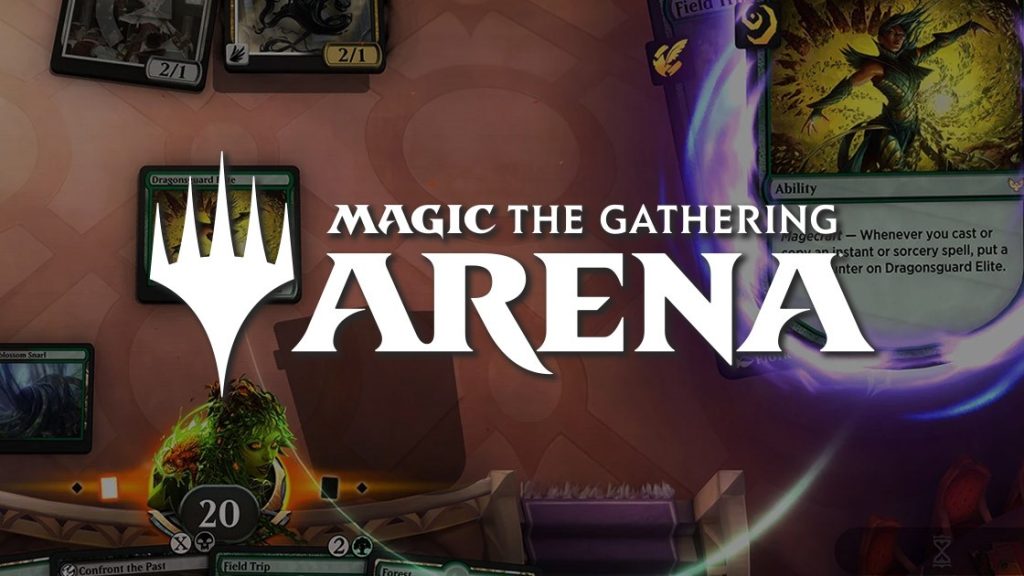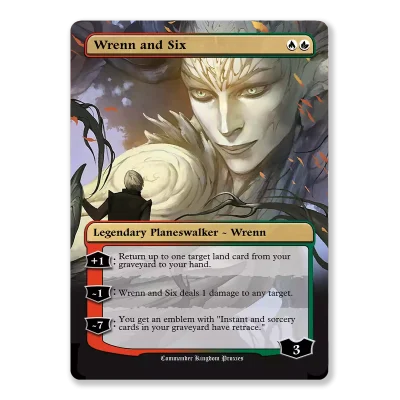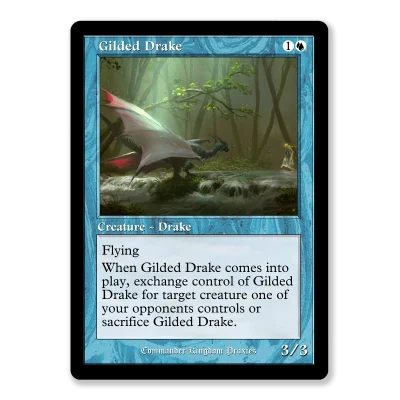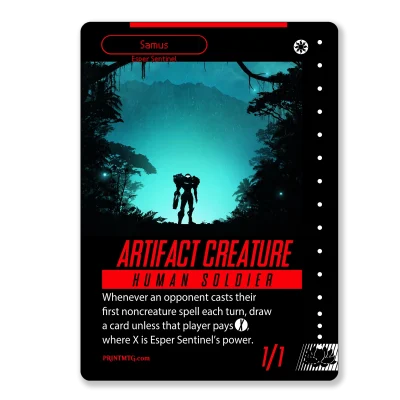Magic: The Gathering Arena (MTGA) is the digital adaptation of the much-beloved tabletop trading card game Magic: The Gathering. Since its inception, MTGA has allowed players to collect cards, build decks, and compete against each other in various formats from the comfort of their digital devices. The game replicates the complexity and depth of the physical game, offering a rich experience that combines strategy, deck building, and competitive play. As the game has evolved, so has the need for tools and trackers to help players navigate its complexities, improve their gameplay, and stay updated on the ever-changing metagame.
Using trackers and tools in Magic: The Gathering Arena is akin to having a personal coach and analyst by your side. These applications provide various features designed to enhance the playing experience. From real-time deck tracking and in-game overlays that offer strategic advice during matches to detailed analysis of personal and global gameplay statistics, these tools help players make informed decisions, build better decks, and improve their overall strategy. Integrating a tracker into their play routine is a game-changer for players looking to climb the ranks or enjoy the game more fully.
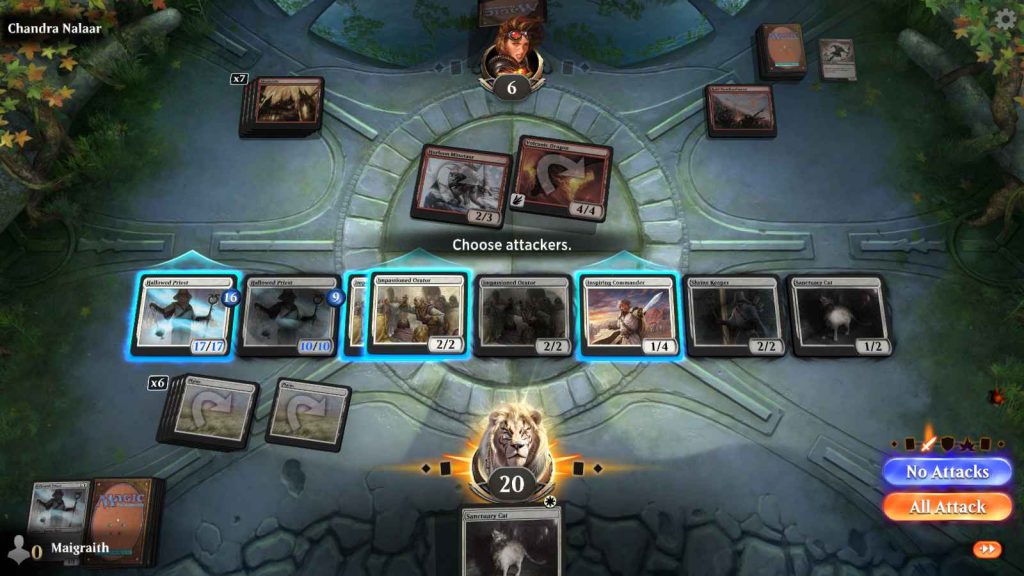
How to Set Up a Tracker for MTGA
Installing and setting up a tracker for MTGA is a straightforward process that can yield significant benefits. Popular trackers such as Untapped.gg, MTG Arena Zone Tracker, and MTGA Assistant offer user-friendly interfaces and easy integration with the game. Once installed, these trackers provide real-time data on deck performance, draw probabilities, and opponent strategies, allowing players to adjust their tactics on the fly. Moreover, the personal statistics feature helps players analyze their playstyle, pinpoint weaknesses, and track their improvement over time.
The beauty of using trackers lies in their ability to provide live feedback during games and their comprehensive database of decks and metagame analysis. Players can explore different decks, see which ones perform well in the current meta, and even find out how many wildcards they need to build a particular deck. This insight is invaluable for casual and competitive players, enabling them to make more informed decisions about which decks to create and how to pilot them effectively.
Metagame Analysis and Deck Building
Understanding the metagame is crucial for any player looking to succeed in MTGA. The metagame refers to the current competitive landscape, highlighting which decks are popular and how they match up against one another. Trackers provide:
- A wealth of data from millions of games.
- Allowing players to see win rates.
- Deck popularity.
- The components of top-performing decks.
This information is crucial for building decks that can hold their own in competitive play, as it helps players anticipate what they’re likely to face and how to counter it.
Deck building with the aid of trackers becomes a much more streamlined process. Players can filter decks based on their cards, minimizing the need for additional wildcards. Trackers suggest modifications and improvements to existing decks based on performance data and meta-game analysis. This dynamic approach to deck building saves time and resources. It empowers players to experiment with different strategies and find the best.
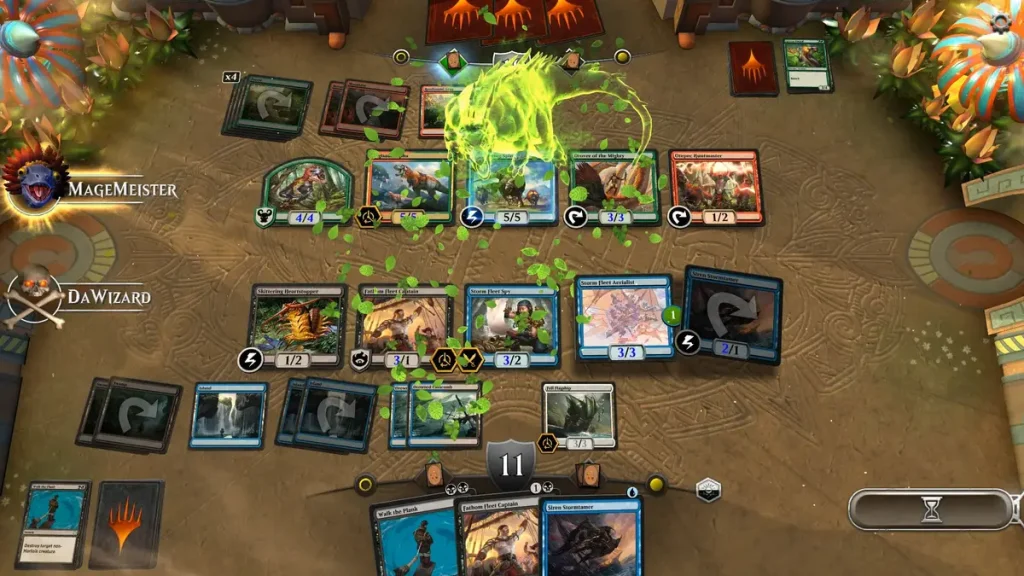
Drafting Assistance
Drafting in MTGA is a format where players build their decks on the fly from a random selection of cards. It’s a test of skill, strategy, adaptability, and where trackers can provide a significant edge. Drafting tools within trackers offer data-driven card ratings and suggestions based on the current draft pool and the player’s picks. This guidance, derived from analyzing thousands of successful drafts, helps players choose the most impactful cards and build more competitive decks.
Moreover, the drafting assistance continues beyond card selection. Trackers also provide strategic advice during drafting, such as which colors or archetypes are open and how to balance the deck’s composition. This real-time assistance can differentiate between a good draft and a great one, allowing players to make informed decisions that enhance their overall draft strategy.
Collection Management
Building a comprehensive collection of cards is a significant aspect of enjoying MTGA for many players. Trackers excel in this area by offering advanced collection management features. They track the player’s card inventory in real time, providing insights into collection completion and identifying missing pieces needed for specific decks. This functionality extends to wildcard management, advising players on the most efficient use of these valuable resources to complete their collections or build new decks.
Collection tracking also includes historical data, allowing players to see their progress over time. This aspect of trackers is beneficial for those aiming to collect every card in a set or who enjoy seeing the growth of their collections visually represented. Additionally, the ability to filter and sort the collection by set, rarity, or other criteria makes navigating and planning future acquisitions much easier and more organized.
Improving Gameplay and Strategy
At the core of MTGA trackers is improving gameplay and strategy. Through detailed analysis of matches, trackers provide insights into a player’s strengths and weaknesses, offering concrete data on areas they might need to improve. For example, if a player frequently loses to a particular deck type, the tracker can highlight this, prompting the player to explore new strategies or deck adjustments to counter it. This tailored feedback loop helps players evolve their gameplay, pushing them to explore new techniques and refine their match approach.
Additionally, trackers offer a global perspective on the game, allowing players to see which decks are winning worldwide and why. This global metagame analysis is invaluable for competitive play, where understanding broad trends can provide an edge. By studying successful decks and strategies worldwide, players can adapt their playstyle and deck composition to stay ahead of the curve.
Community and Social Features
Magic: The Gathering is not just a game of individual skill but also a vibrant community of players. Trackers often include:
- Features that foster this community aspect.
- Allowing players to share decks.
- Strategies.
- Insights with one another.
This social component can be especially beneficial for new players looking to learn from more experienced ones or those seeking to test their decks against a more comprehensive array of opponents.
Moreover, some trackers offer integration with social media or forums where players can engage in discussions, participate in tournaments, or connect with others who share their passion for MTGA. This blend of competitive analysis and community engagement makes trackers a tool for improvement and a gateway to a broader, more enriching Magic: The Gathering experience.
Final Thoughts
Integrating trackers and tools into Magic: The Gathering Arena gameplay represents a significant shift towards data-driven decision-making and community engagement within the game. By providing detailed analytics, metagame insights, drafting assistance, and collection management, these tools empower players to improve their gameplay, strategize more effectively, and connect with a global community of enthusiasts. Whether you’re a seasoned player looking to refine your deck-building skills or a newcomer eager to learn the ropes, incorporating a tracker into your MTGA experience is a step towards a more informed, connected, and enjoyable gameplay experience.

